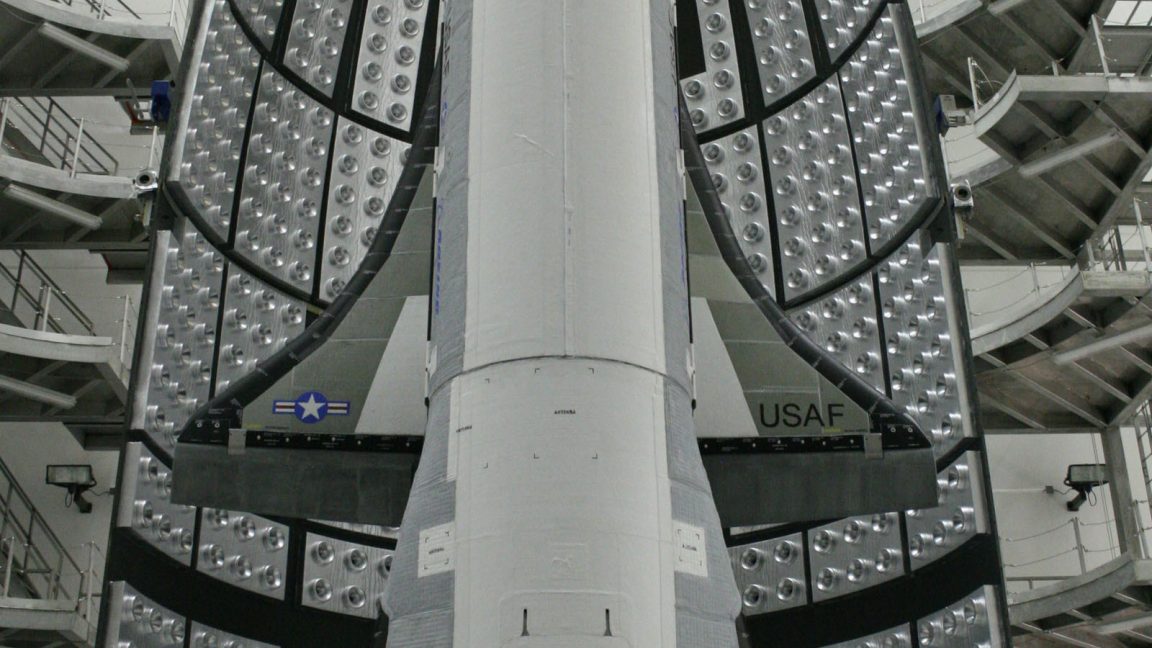Tech Boost for Pondok Schools: Malaysia Invests in Modernisation & Quranic Outreach

In a landmark move aimed at modernising traditional Islamic education, Malaysia's Prime Minister, Anwar Ibrahim, has announced a significant upgrade plan for pondok schools across the nation. This initiative, coupled with a nationwide programme to translate the Quran into 30 languages, signals a commitment to both technological advancement and broader religious understanding within the country.
Pondok schools, often operating independently and traditionally relying on a more classical teaching style, play a vital role in Islamic education throughout Malaysia. While deeply valued for their cultural significance and dedication to religious learning, many face challenges in terms of resources and access to modern educational tools. The new technology upgrade is designed to bridge this gap, equipping these schools with the resources necessary to prepare students for the demands of the 21st century.
What's Included in the Upgrade?
Details of the specific technologies being rolled out are still emerging, but initial reports suggest a focus on digital learning platforms, improved internet connectivity, and access to online educational resources. This will allow pondok students to engage with a wider range of learning materials, develop essential digital literacy skills, and connect with a global network of educators and learners. The government is also expected to provide training for teachers to effectively integrate these new technologies into their teaching methods.
Quran Translation Initiative: A Wider Reach
Alongside the pondok school upgrade, the Prime Minister announced a parallel initiative focused on translating the Quran into 30 languages. This ambitious project aims to make the holy book more accessible to a wider audience, both within Malaysia and internationally. It reflects a desire to promote interfaith dialogue and understanding, while also ensuring that the core teachings of Islam are available to diverse communities.
“This is about ensuring that our pondok schools remain relevant and vibrant centres of learning, while also expanding access to the Quran for all,” stated a government spokesperson. “We believe that by embracing technology and promoting religious understanding, we can build a stronger, more inclusive Malaysia.”
Impact and Future Outlook
The impact of these initiatives is expected to be far-reaching. Modernizing pondok schools will not only improve the quality of education for students but also help preserve the unique cultural heritage associated with these institutions. The Quran translation project has the potential to foster greater interfaith harmony and promote a deeper appreciation for Islamic teachings.
Analysts predict that this investment in both technology and religious outreach will contribute to Malaysia’s ongoing efforts to strengthen its position as a regional leader in education and interfaith dialogue. The success of the programme will depend on effective implementation, ongoing teacher training, and a commitment to ensuring that these resources reach all pondok schools, regardless of their location or size.
This announcement has been met with widespread praise from educators, religious leaders, and community representatives, who see it as a positive step towards a more modern and inclusive Malaysia.






